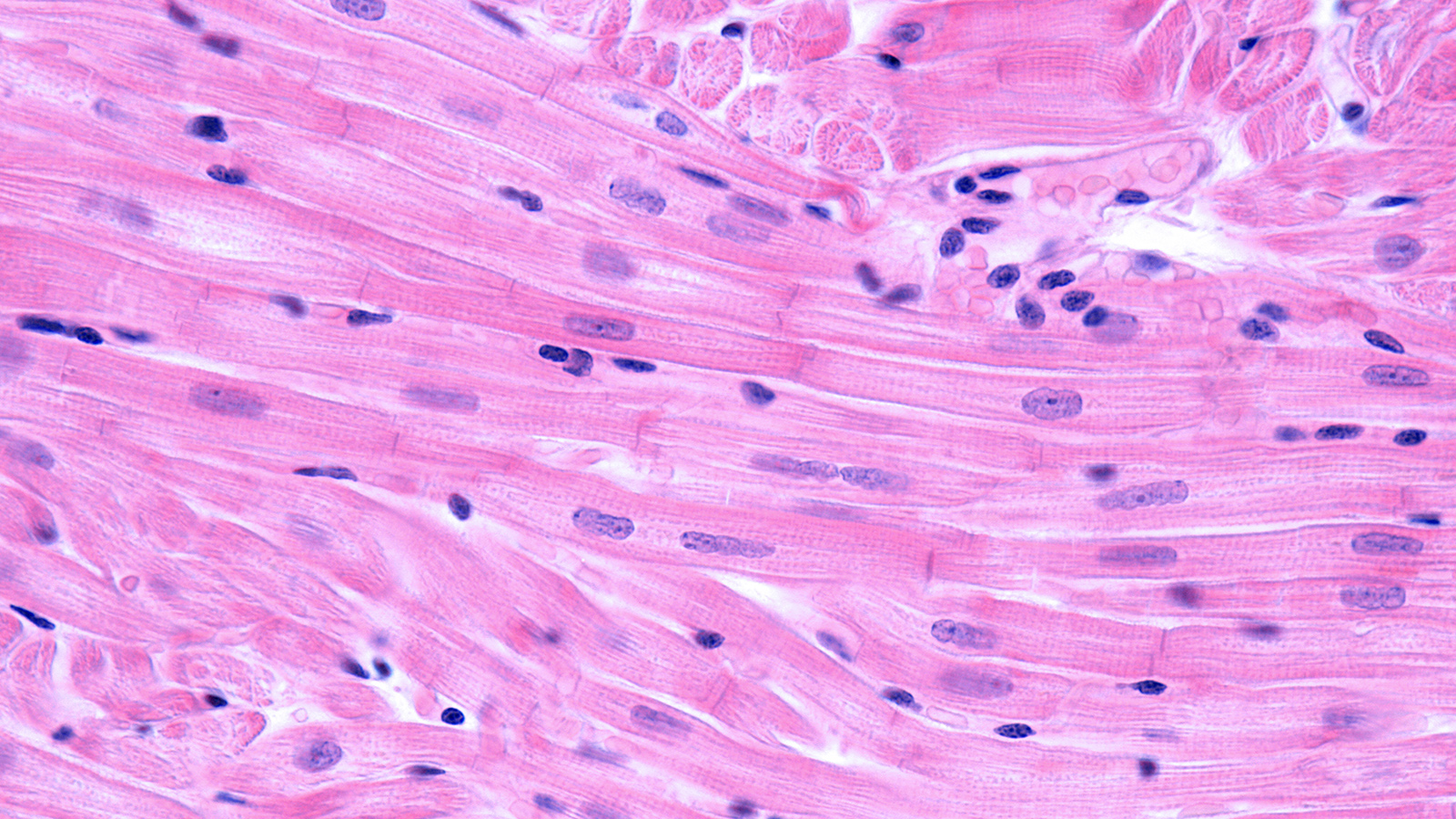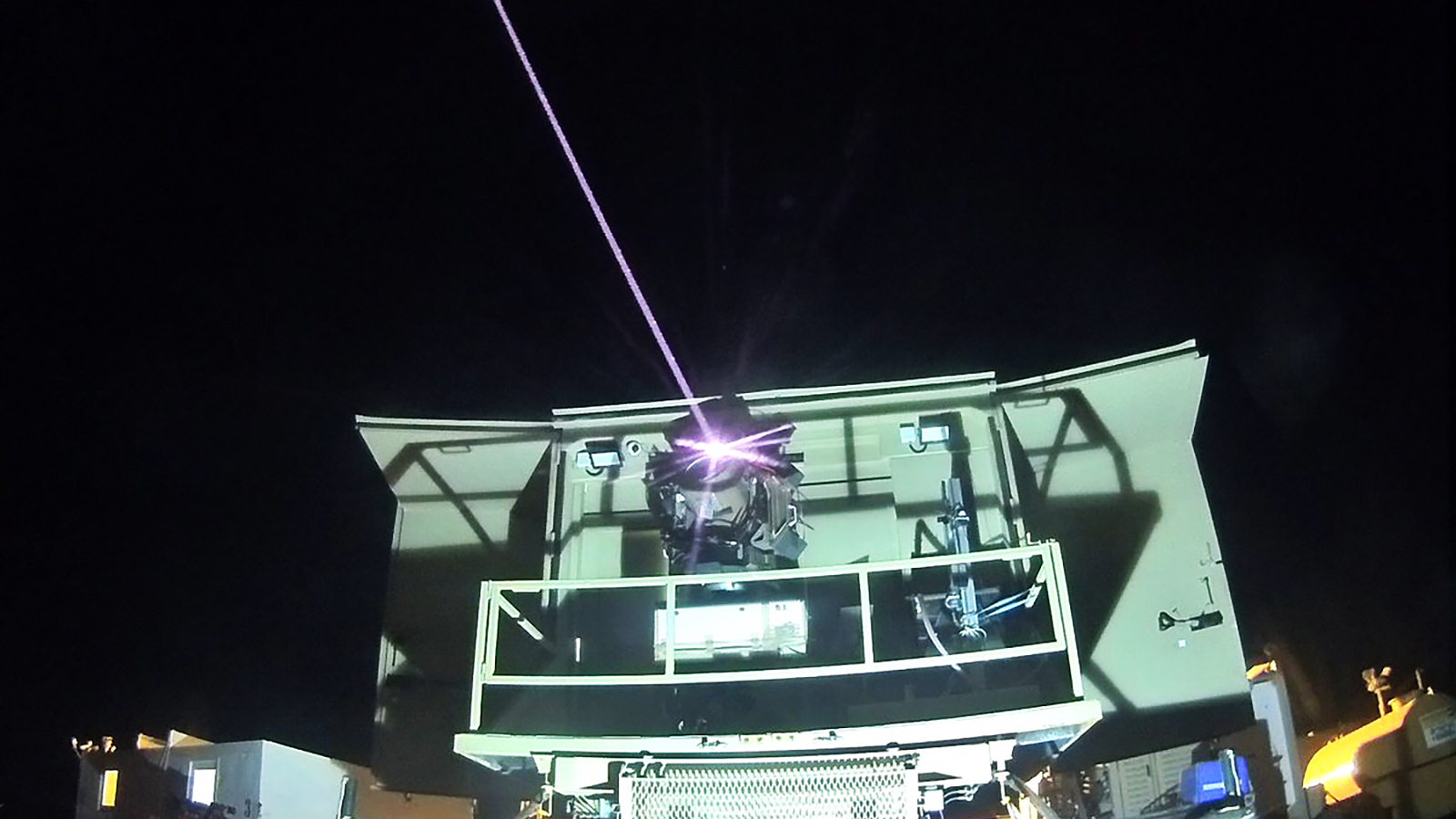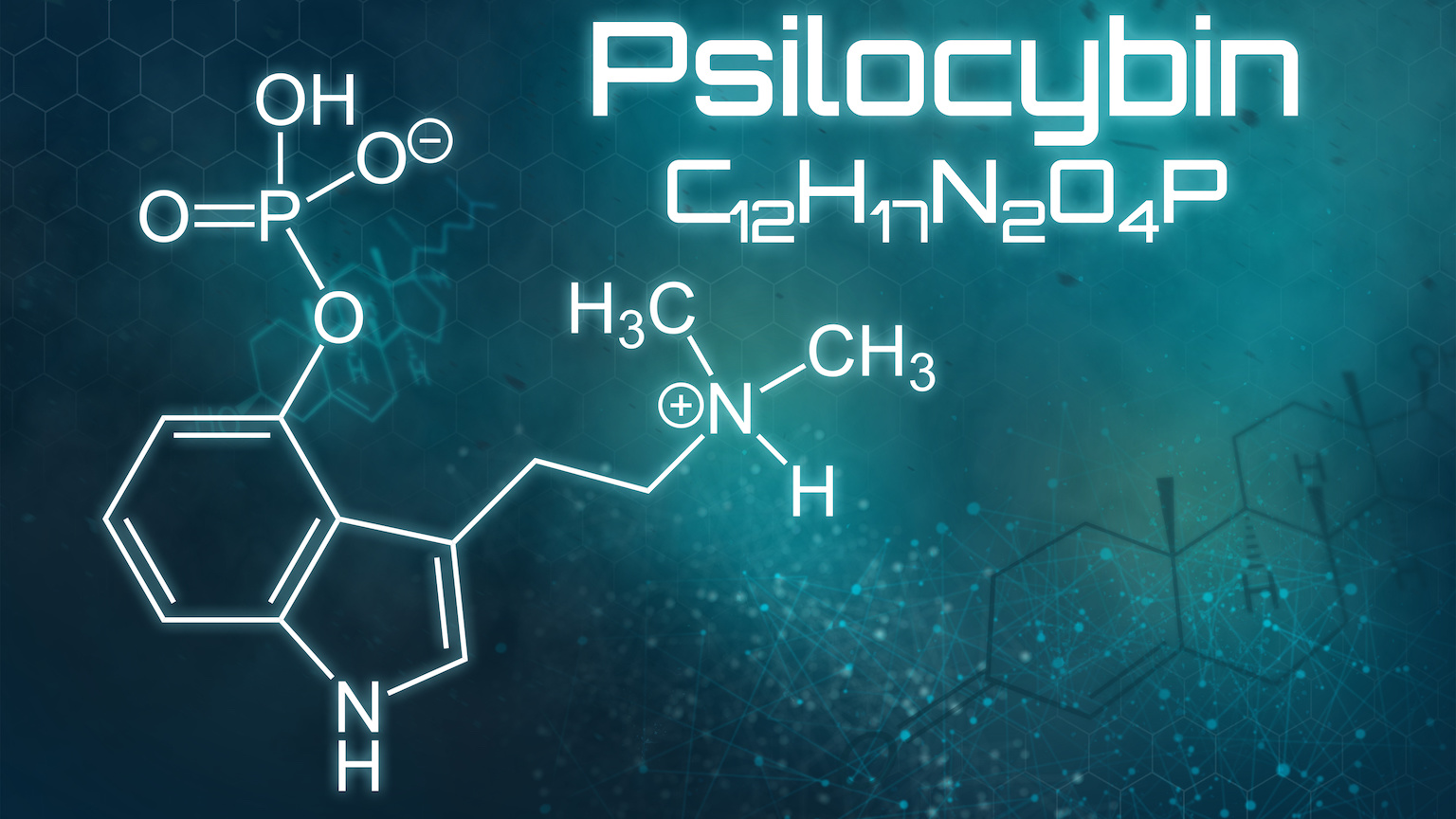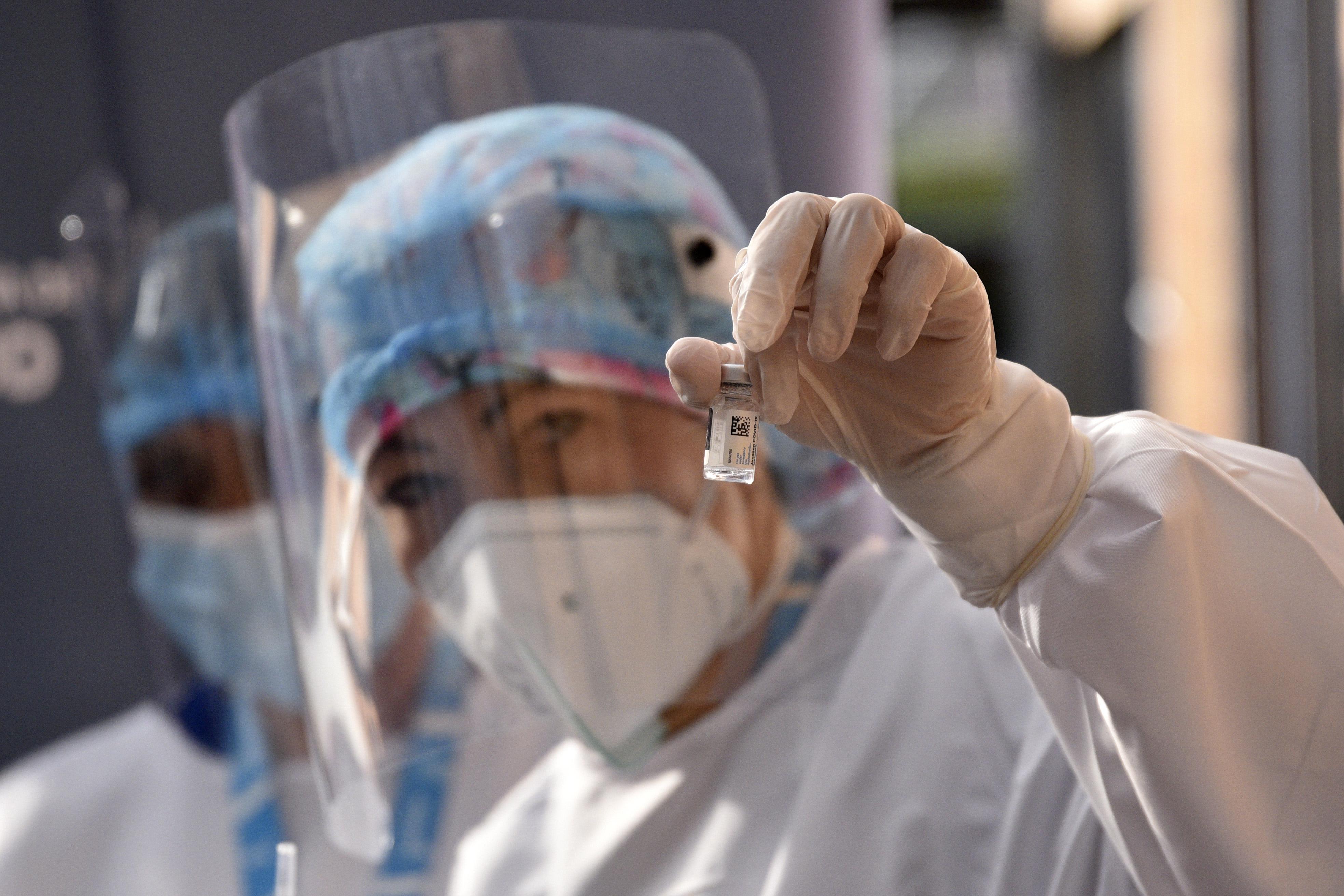B. David Zarley
B. David Zarley is a senior staff writer for Freethink, where he covers health and medicine, including infectious disease, psychedelic research, mental health, and the brain. A graduate of SUNY Fredonia, his work has also appeared in The Atlantic, The Verge, Jezebel, Frieze, Sports Illustrated, VICE, Paste Magazine, and numerous other publications. He lives in Chicago.

The same technology behind the COVID-19 vaccines may enable the first damage-reversing heart attack cure.
Israel looks to deploy its “Iron Beam” air-defense system within the year.
Shoving platelet-rich plasma up your nose might restore your sense of smell after COVID. But whether it actually works still needs to be sniffed out.
“Dead” satellites aren’t just space junk. They are also targets for hackers to hijack and use to broadcast misinformation.
Using cellulose from trees and a synthetic polymer, MIT researchers have created a material that “is stronger and tougher than some types of bone, and harder than typical aluminum alloys.”
In the shadow of the Shard, the mosaics help paint a picture of Roman London.
A small, Seattle-based study will look to see if the psychedelic can alleviate the pandemic’s mental health impact.
One patient’s surprising results have experts cautiously optimistic.
The two-year pilot program will be a test of harm reduction strategies.
Airless tires are puncture-proof and more environmentally friendly. And Michelin is aiming to get them on your car by 2024.
Mind Bank Ai is the newest entrant in an ambitious idea: using AI to create a kind of immortality.
A black swan event is rare but disruptive — and might be predictable.
This everyday electrical phenomenon had no widely accepted scientific explanation — perhaps, until now.
Gain-of-function mutation research may help predict the next pandemic — or, critics argue, cause one.
Using image analysis tools developed for astronomy, researchers are predicting cancer therapy responses.
Alzheimer’s has proved difficult to treat. But solving the mystery of this ultra-rare frontotemporal dementia may unlock new understanding.
Antisense oligonucleotide therapy uses small molecules to alter RNA. Researchers have now used those molecules to alleviate a genetic form of blindness.
















